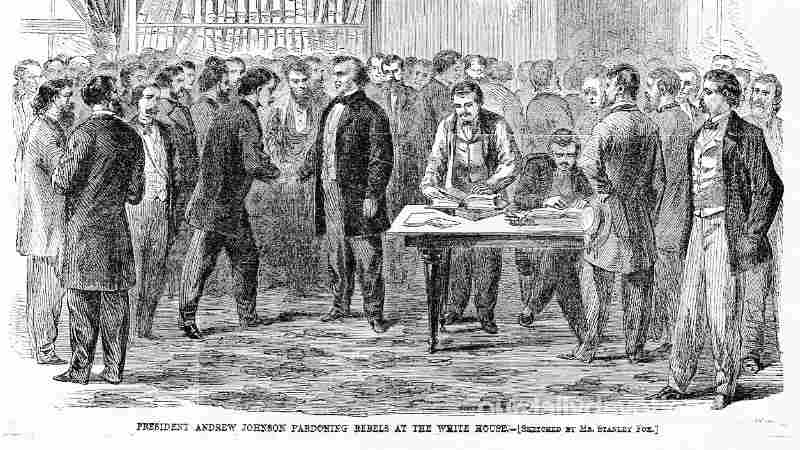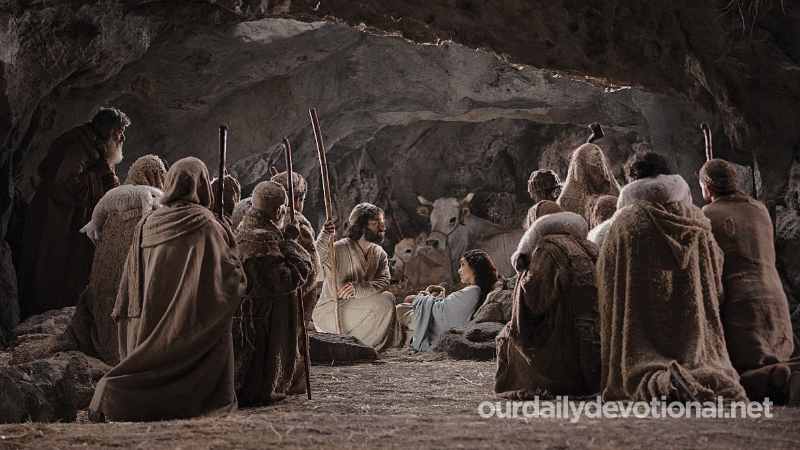(a) ARABIA:
Arabia means a very large country to the south, southeast and east of Palestine. In ancient times it was, and until relatively recently by the natives, divided into three districts:
(A) Arabia proper, which was ancient Arabia Felix, encompassing the peninsula that extends in the south towards the Arabian Sea and in the north towards the desert.
(B) Western Arabia, the same as ancient Stone Arabia, encompassing the Sinai and the Petra desert, extending from Egypt and the Dead Sea to near Petra.
(C) Northern Arabia, adjacent to Western Arabia and extending north toward the Euphrates (1 Kings 10:15; 2 Chron. 9:14; Is. 21:13; Jer. 25:24; Ez. 27:21; Gal. 1:17; 4:25).
(b) ARABICS:
The Arabs also have Abraham as their father. We read that Abraham sent the sons of Keturah and her concubines "to the east" (Gen. 25:6). There were also the descendants of Ishmael and those of Esau.
Many of these became "chiefs", and there can be no doubt that it is their descendants who continue to own the land. There are those who call themselves Ismaili Arabs, and in the south there are still Joktanite Arabs.
Solomon received tribute from the kings of Arabia (1 Kings 10:15). Jehoshaphat the same (2 Chr. 17:11); In the days of Jehoram they attacked Judah, plundered the king's house, and carried off his wives and some of his children (2 Chron. 21:17; 22:1). They were defeated by Uzziah (2 Chr. 26:7).
During the Jewish captivity in Babylon, some Arabs settled in Palestine and later clashed with Nehemiah (cf. Neh. 2:19; 4:7; 6:1).
The Arabs are among the nations that had relations with Israel and upon whom judgment is pronounced (Isa. 21:13-17; Jer. 25:24). Their conflict against restored Israel, up to direct divine intervention, is prophesied in various passages of Scripture (cp. Ps. 83).
In the NT, Arabs appear among those present on the day of Pentecost, but it is not specified whether they were Jewish inhabitants of Arabia or proselytes (Acts 2:11).
Meaning of ARABIA
(a) ARABIA:
Arabia means a very large country to the south, southeast and east of Palestine. In ancient times it was, and until relatively recently by the natives, divided into three districts:







